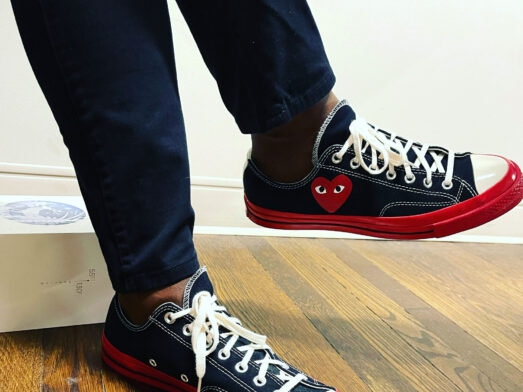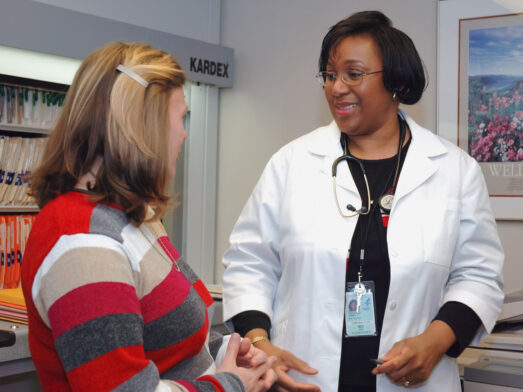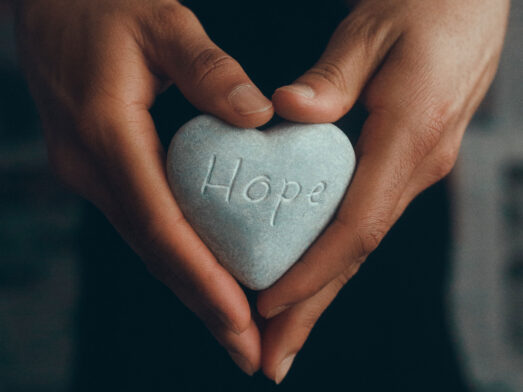African-Americans and Cancer
Medical Fact: The incidence of pancreatic cancer is higher in
African-Americans than in any other racial group in the United States.
This is what we need to know about African-Americans and cancer:
- Pancreatic cancer is also more common among African-Americans. The incidence of pancreatic cancer in African-Americans is 50% to 90% higher than in other racial groups. African-Americans also have the worst prognosis.*
- African Americans are more often diagnosed with advanced cancer, often too late.
- Even with early diagnosis, African-Americans are less likely to receive surgery than any other racial group in the United States.
- Risk factors for pancreatic cancer that are more prevalent and common in African-Americans include diabetes, pancreatitis and being overweight.
African-Americans and Health Care
Disparities in healthcare for African Americans are evidenced in differences in health outcomes, access to healthcare, and quality of care experienced by African Americans compared to the general population. These disparities are multifaceted and result from a complex interplay of social, economic, cultural, and systemic factors. Some key areas of healthcare disparities for African Americans include:
1) Health Outcomes
- Mortality Rates: African Americans experience higher mortality rates from a range of health conditions, including heart disease, cancer, stroke, diabetes, and infant mortality.
- Life Expectancy: Life expectancy for African Americans is lower compared to other racial/ethnic groups.
- Chronic Diseases: African Americans have a higher prevalence of chronic diseases such as hypertension, obesity, and Type 2 diabetes
2) Access to Healthcare
- Insurance Coverage: Disproportionate numbers of African Americans are uninsured or underinsured, limiting their access to essential medical services.
- Barriers to Care: Socioeconomic factors, transportation challenges, and lack of healthcare facilities in certain neighborhoods can hinder access to timely and appropriate care.
- Geographic Disparities: Minority communities in urban and rural areas, often have fewer healthcare facilities and medical professionals available.
3) Quality of Care
- Healthcare Provider Bias: African Americans sometimes encounter racial and ethnic bias – intentional or unintentional – from healthcare providers, leading to suboptimal care and patient-provider communication.
- Diagnostic Delays: Due to mistrust, bias, and other factors, African Americans may experience delays in diagnosis or misdiagnosis, impacting the effectiveness of treatment.
4) Cultural Competency & Communication
- Cultural Barriers: Differences in cultural norms and practices can affect patient-provider communication, understanding of treatment plans, and adherence to medical recommendations.
- Language Barriers: Limited English proficiency can hinder effective communication between patients and healthcare providers.
5) Healthcare System Factors
- Historical Context: Historical racism, including the legacy of slavery and segregation, has contributed to present-day disparities in health and healthcare access.
- Systemic Racism: Structural factors like discriminatory policies and practices in housing, employment, and education contribute to health disparities by limiting access to healthcare resources.
6) Socioeconomic Determinants
- Income Disparities: African Americans are more likely to live in poverty or experience lower income levels, which can impact access to healthcare and healthy living conditions.
- Educational Attainment: Lower levels of education can result in lower health literacy and awareness of preventive measures.
Written By
Eric Roberts







